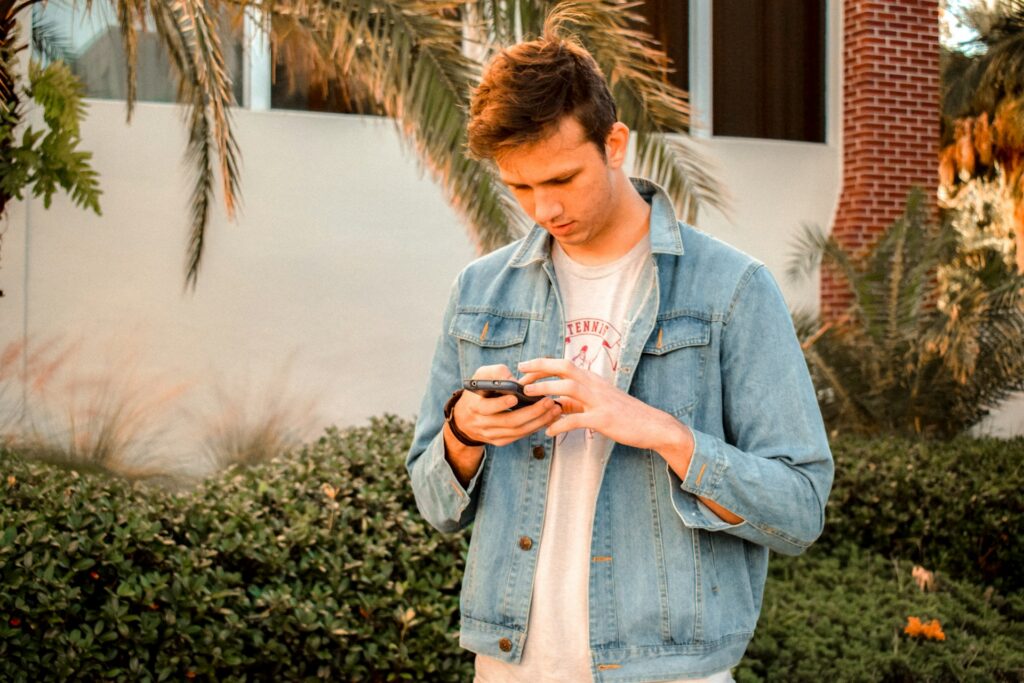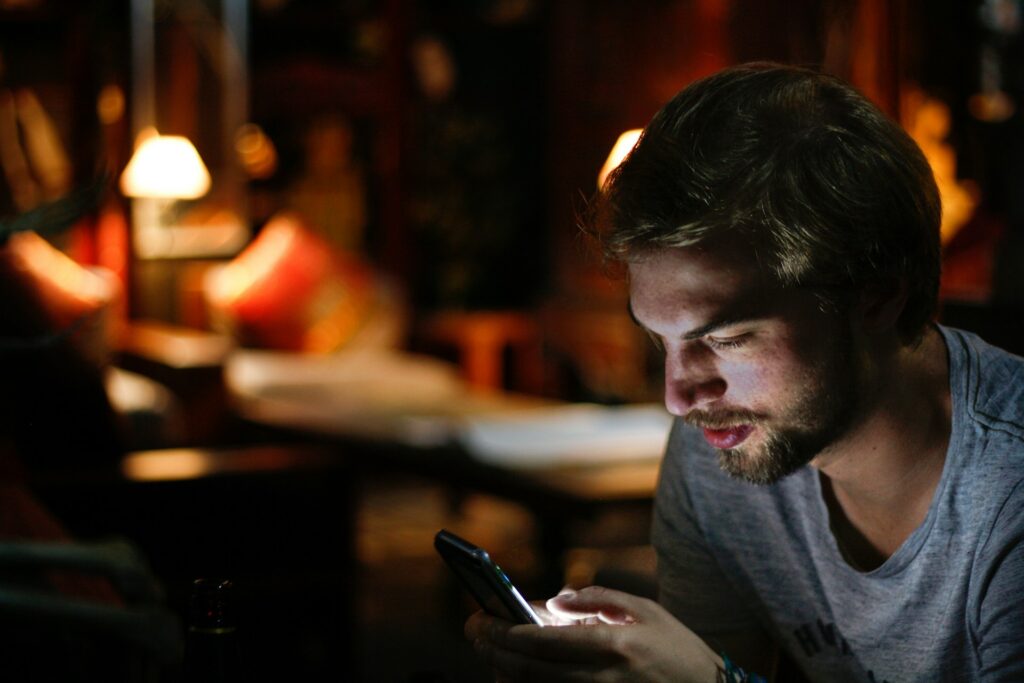If you’ve ever spent a few hours scrolling through social media, you’ve probably noticed that it can trigger some pretty intense emotions.

From the latest political debates to viral videos of personal stories, the online world seems to bring out everything from outrage to empathy in ways that are hard to ignore. Social media, in all its connectivity, makes us more aware of each other’s experiences, struggles, and triumphs. But is this constant exposure to emotions online making us more emotionally reactive, or are we just getting too caught up in the digital empathy of it all?
Digital empathy—the emotional connection we feel with people’s online experiences—has definitely intensified in recent years. But with all that increased emotional involvement comes the question: is social media making us over-emotional? It just might be.
Social media is an emotional rollercoaster.

Whether it’s a heart-wrenching post about a personal struggle or a celebratory update from a friend, social media brings people’s emotions straight to your screen. And let’s face it: it’s hard to scroll past something that tugs at your heartstrings. We’re constantly exposed to other people’s highs and lows, sometimes feeling deeply moved by their joy or pain. But this constant emotional exposure can lead to emotional overload.
When you see someone’s heartbreaking news or read a post about something unjust, it’s easy to get swept up in the emotional tide. It can feel as though you’re personally involved, even if you don’t know the person. But that emotional investment can sometimes feel draining or even overwhelming when it happens frequently.
Digital empathy is on the rise.

One of the most powerful things social media has done is open the door for people to share their stories with a massive audience. It has created a culture of empathy, where we can emotionally connect with people across the globe, even if we’ve never met them. When someone shares a deeply personal experience, whether it’s a hardship or triumph, it can trigger a sense of connection and solidarity.
While this is a positive aspect of social media, creating space for understanding and support, it can also be exhausting. The emotional depth of these stories can be intense, and when we’re constantly exposed to other people’s emotions, it can feel like we’re carrying the weight of the world on our shoulders.
This type of “digital empathy” is often a double-edged sword. It’s great to feel connected to people’s experiences, but it can also make us feel over-saturated with other people’s emotional lives. It’s one thing to show empathy for a post or story—it’s another to feel emotionally spent because of the constant stream of these moments coming at us, day after day.
Too much empathy can make you more reactive.

While digital empathy is a powerful tool for connection, it can also lead to emotional fatigue. The problem is that when you’re constantly exposed to highly emotional content—whether it’s tragic, joyous, or even infuriating—it can make you more sensitive to similar feelings in your own life. In other words, social media has the power to amplify emotions, making us more reactive to what’s happening around us.
For example, when we see posts about injustice or suffering, it can trigger strong emotions like anger or sadness. Over time, we become desensitised to the emotional extremes of other people’s experiences, or, on the flip side, we become more emotionally fragile, reacting more intensely to even minor issues. Constant exposure to emotionally charged content can also cause emotional burnout, where you just feel too overwhelmed to engage anymore.
Are we becoming over-emotional?

So, is social media making us over-emotional? It’s complicated. Social media has definitely amplified emotional connection, both the highs and the lows. It’s easy to feel the weight of the world when every moment is shared, whether it’s someone’s moment of joy or a painful tragedy. And while it’s great to have a more empathetic world, we have to recognise that constantly taking on other people’s emotional experiences can make us more emotionally reactive.
In many ways, we’ve created an environment where it feels almost impossible not to engage with every emotional story that passes our way. But the more we absorb, the more it affects our own emotions. It’s like being part of an emotional echo chamber, where we mirror other people’s feelings, sometimes to the point of exhaustion.
Our mental health is paying the price.

That constant emotional engagement can have an impact on our mental health. Studies have shown that social media can contribute to feelings of anxiety, depression, and stress. The comparison culture and constant influx of emotional content can leave us feeling inadequate or overwhelmed. While empathy is a good thing, overexposure to other people’s emotional lives can lead to emotional fatigue or even compassion fatigue, where we feel numb or detached because we’ve taken on too much.
There’s also the issue of information overload. When we’re constantly confronted with emotional stories—a political crisis, a personal loss, or a viral moment—it can lead to burnout. Your brain needs time to process emotions, but when you’re hit with constant emotional content, it doesn’t have the space to recover.
It’s possible to find a balance.

If you’re starting to feel emotionally drained from social media, it’s okay to step back. You don’t have to engage with every emotional post, and it’s completely fine to mute or unfollow accounts that are too emotionally intense. Giving yourself permission to take a break from the constant flow of emotionally charged content can help you protect your mental health.
It’s also important to set boundaries when it comes to how much time you spend on social media.

Curating your feed to include more positive, uplifting content, or taking time for offline activities, can help restore emotional balance. Instead of getting lost in the emotional highs and lows of social media, consider spending time with people in real life or engaging in hobbies that bring you peace.
Ultimately, digital empathy isn’t a bad thing; it’s a sign that we’re connecting on a deeper level. But, like everything else, balance is key. It’s okay to care deeply about what’s going on in the world and in people’s lives, but it’s also okay to step back and recharge when it gets to be too much.
We need a new kind of emotional awareness.

Is social media making us over-emotional? Maybe. But it’s also showing us how deeply connected we are to each other’s experiences. The challenge is to find balance in how we engage with that empathy, by taking in what feels right and stepping back when we need to. Digital empathy is a powerful tool for connection, but it’s important to recognise when it’s starting to take a toll on our emotions and mental health. Social media isn’t going anywhere, but we can choose how we let it affect us.


